The White Cheeked Macaque, a new species of primate, has been spotted in Arunachal Pradesh by a group of wildlife photographers and biologists from North East India. The macaque is a new species that was discovered in 2015 by Dr Li Cheng and his group from the Modog in South-eastern Tibet in China. The discovery proves that the macaque also lives in India.

The White-cheeked Macaque (Macaca leucogenys) was first spotted at the Anjaw district, nestled in the Eastern corner of Arunachal Pradesh by a team of biologists and wildlife photographers comprising Dr Ranjan Kumar Das, Udayan Borthakur and Dr Dilip Chetry. The three were on a bird watching trip with professional bid guide Binanda Hatibarua in March 2015, when they saw the macaque.
“On the basis of our observations, the photographs and experts’ comments, we have come to the conclusion that the macaques we observed and photographed in Anjaw District of Arunachal Pradesh are White-cheeked Macaque”, Primatologist Dr Dilip Chetry said.
According to The Hindu, they narrowly missed being the first in the world to report the species after spotting the primate on March 30, 2015 and discovering that a group of Chinese researchers had already beaten them to it by days. The group from China, led by Cheng Li formally reported the discovery of the species, from bordering south eastern Tibet, in the American Journal of Primatology in March, 2015. Formally reporting a find in a journal takes precedence over spotting a species.
Watch Video Of The New Macaque Taken By Chinese Scientists
A Species New To Science
It is very rare to discover a new species as large as a primate as most are believed to have been already discovered owing to the ease with which they can be spotted. In fact, when the white cheeked macaque was reported for the first time by Dr. Cheng Li in 2015, it was only the 3rd macaque ever discovered since 1903.
The Mentawai macaque (Macaca pagensis) was found in Indonesia in 1903 and Arunachal macaque (Macaca munzala) in 2005. The new species becomes the 22nd known macaque species and the 9th in India.
The white cheeked macaque, looks similar to other previously discovered macaques such as Raesus Macaque, Arunachal Macaque, Tibetan macaque and Assamese macaque.
However, there are subtle differences that led scientists to conclude that it is a new species. These include,
- Relatively uniform dorsal hair pattern
- Hairy ventral pelage,
- Hairless short tail,
- Prominent pale to white side- and chin-whiskers creating a white cheek and round facial appearance
- Dark facial skin on the muzzle
- Long and thick hair on its neck
- Round rather than arrow-shaped male genitalia.
Excited to discover this primate in India, Dr Ranjan Kumar Das said,
“I am truly excited to be a part of this discovery and to contribute to the understanding of the species through my photography work.”
“This is an important find for biodiversity in India and shows white-cheeked macaque has a wider range and population spread than we’ve thought,” said Anindya Sinha, a primatologist at the National Institute of Advanced Studies, Bengaluru.
More Related Stories,
Human Proximity Leading To Stomach Troubles In Lion Tailed Macaques



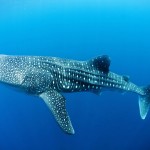

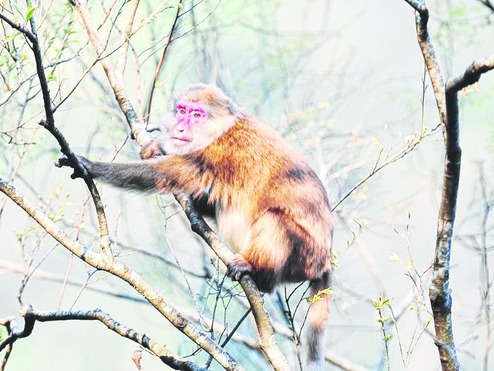
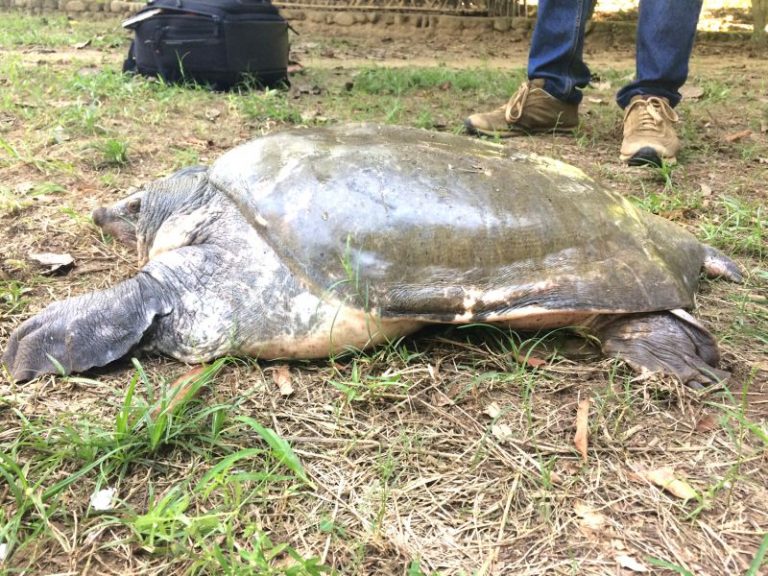
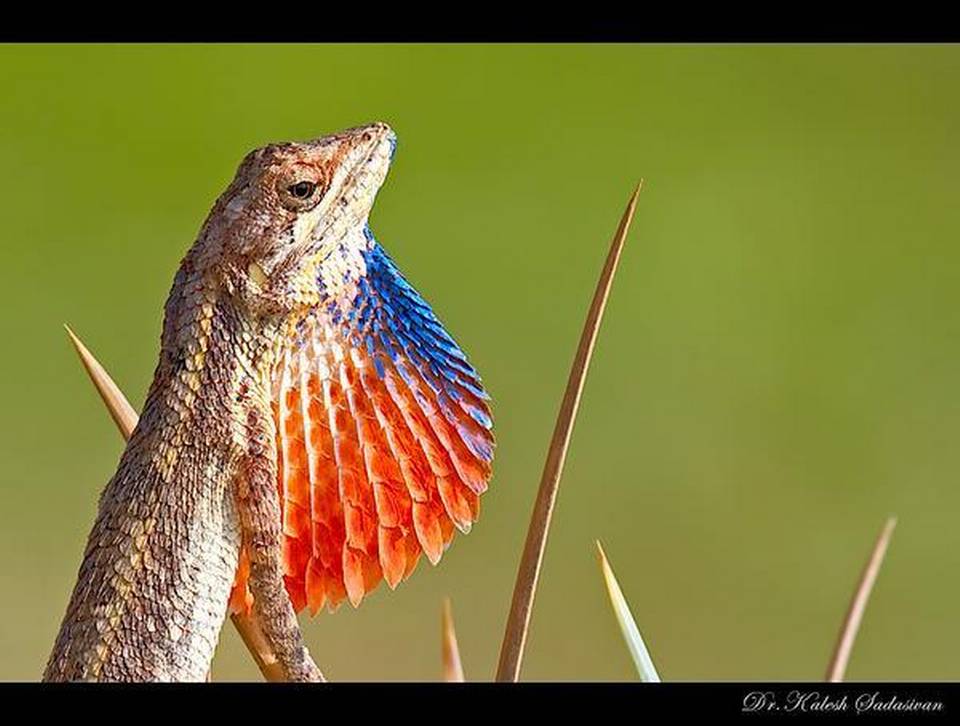
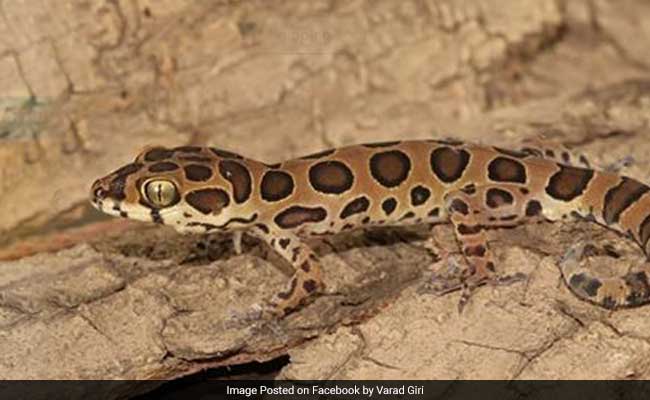

3 thoughts on “Photographers Discover A New Species Of Primate In India”